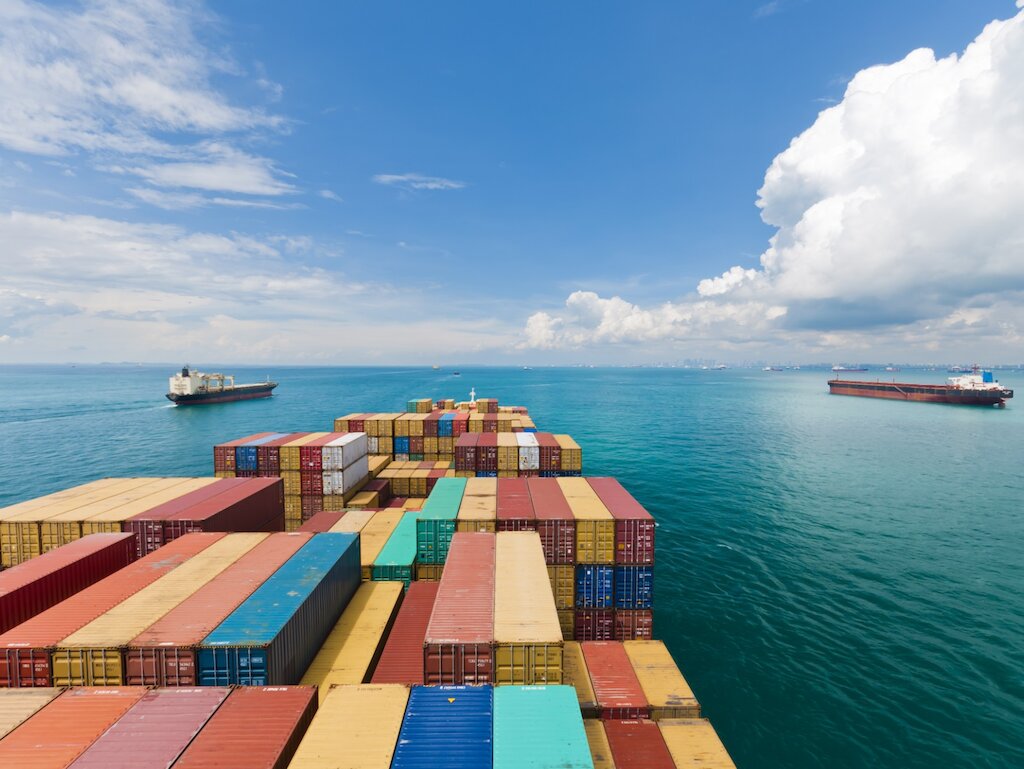Convening the oil and gas industry to improve air quality
Air pollution, from both indoor and outdoor sources, is one of the main causes of avoidable premature deaths. In addition to the impacts on human health, air pollution also significantly affects biodiversity and ecosystems, and general quality of life.
Ipieca is supporting the industry to improve its operations by reducing methane emissions and gas flaring, and develop new low emission transport fuels and technologies.
The transport sector is vital for global economic growth but is also a major contributor to air pollution particularly in urban areas. Our Exploring low-emissions pathways for transport awareness briefing identifies new technologies such as electric vehicles, synthetic aviation fuels and use of liquefied natural gas and ammonia as shipping fuels which can lower these sectors' emissions.
Working with the UN Environment Programme's Partnership for Clean Fuels and Vehicles we have reduced leaded petrol use from 86 countries to just 2, greatly improving air, water and food quality in these countries. We have also produced the Lower-sulphur fuels, road transport strategies and air quality improvements guidance which discusses air quality management frameworks and makes recommendations for reducing vehicle emissions.
Collaboration is essential to advancing air quality science and action. We are committed to partnerships such as the World Bank's Global Gas Flaring Reduction Partnership and Zero Routine Flaring Initiative, and the Methane Guiding Principles, which help drive reductions in air pollutants.



